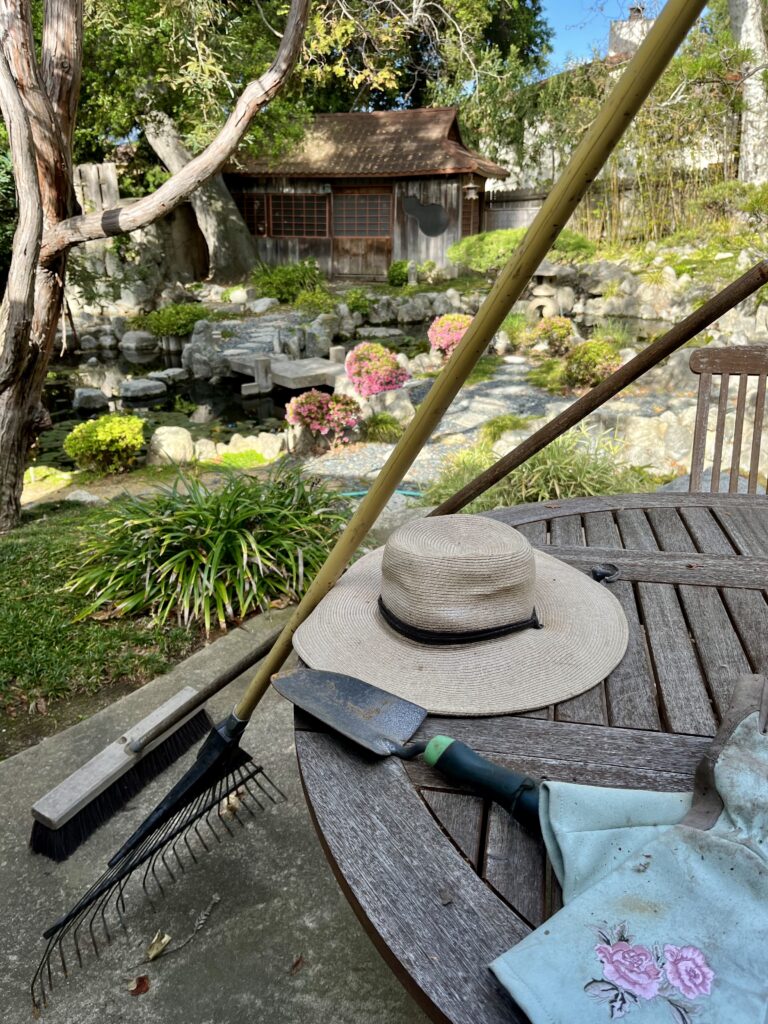
You should entreat trees and rocks to preach the Dharma, and you should ask rice fields and gardens for the truth. Ask pillars for the Dharma, and learn from hedges and walls. In earth, stones, sand, and pebbles, there is to be found the extremely inconceivable mind which moves the sincere heart. — Dogen
More than 800 years ago, Dogen Zenji, the founder of the Soto school of Zen, was struggling to establish an authentic monastic practice in Japan. He had attracted his first students to a small temple where they lived communally, sharing responsibilities. When he was a young monk, he thought that the mundane aspects of life distracted from serious practice, but he soon realized his error. As an abbot, he wrote meticulous instructions for carrying out daily tasks, from cooking and cleaning to brushing one’s teeth. He didn’t want students to squander a single moment of the day. Mindfulness was not to be confined to a meditation hall. In this spirit, we can apply his practical instructions beyond the monastery confines and into the garden, where doubts sprout, weeds abound, and the mind blooms beyond all barriers.
In performing your duties, maintain joyful mind, kind mind, and great mind.
Everything you do, everywhere you are, is a reflection of your own mind. So how does a tiresome chore become instead the activity of a buddha?
When I moved into a home with an old and overgrown garden, I could not have answered that question. My mind swirled with a combination of giddy naiveté and petrifying doubt. I didn’t know anything about plants. I had no training, tools, guide, or supervision. Convinced that there was a right way to use a spade and a special time to plant or prune, I was pretty sure that I’d do it all wrong. It was far safer to gaze at the place through my kitchen window or read one of the many gardening books I was busy collecting.
And yet, I could hardly wait to begin. Here was life, real life right in front of me, not merely a clever scheme or distant dream. The only question was when I would get out of my head and into the dirt. That’s the question for all would-be gardeners, as it is for practitioners of the Way, and the answer is the same. We just start.
Use your own hands, your own eyes, and your own sincerity. Working with your sleeves rolled up is the activity of a way-seeking mind.
Right in front of me was a place teeming with life and rampant with possibilities. For a gardener, what place or time isn’t full of possibilities? Despite my lack of qualifications, I trusted that my hands knew what to do and that luck would see me through. I started pulling weeds and graduated to raking leaves. From that point on, every day in the garden delivered a good day’s work . . .
Read the rest of this article in Lion’s Roar magazine.

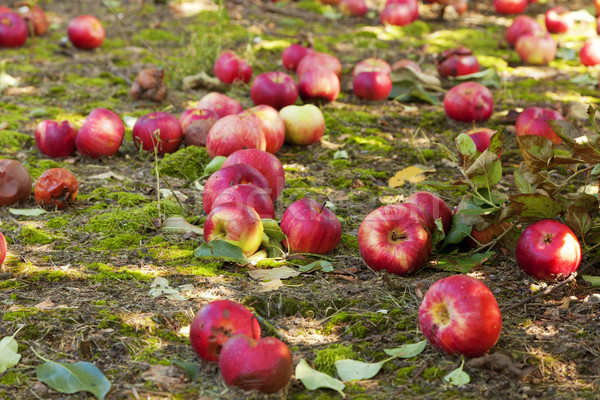
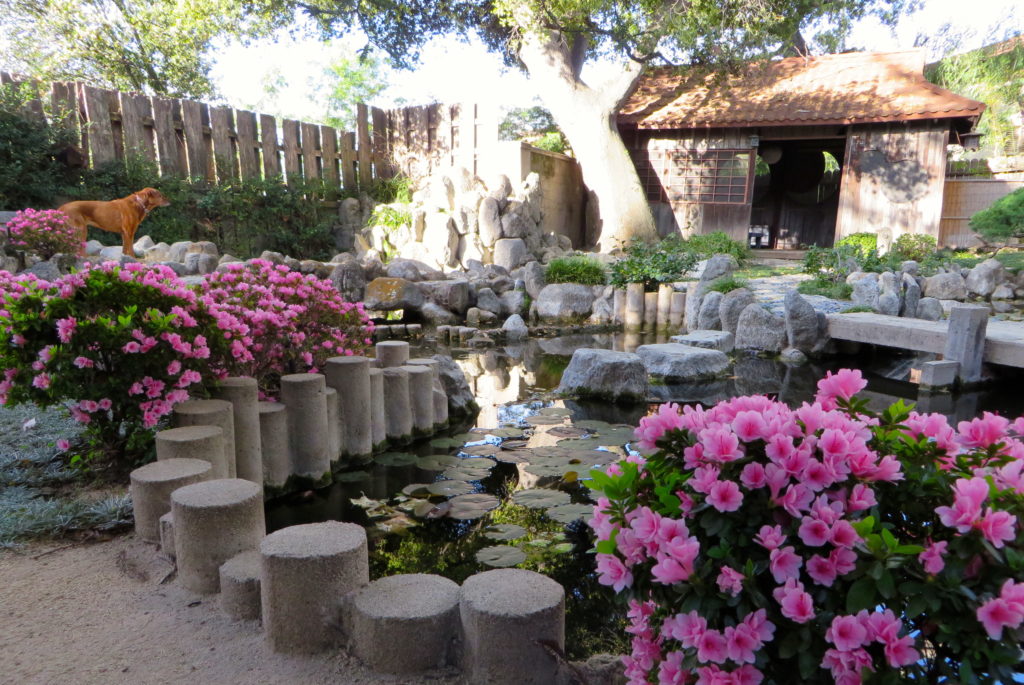
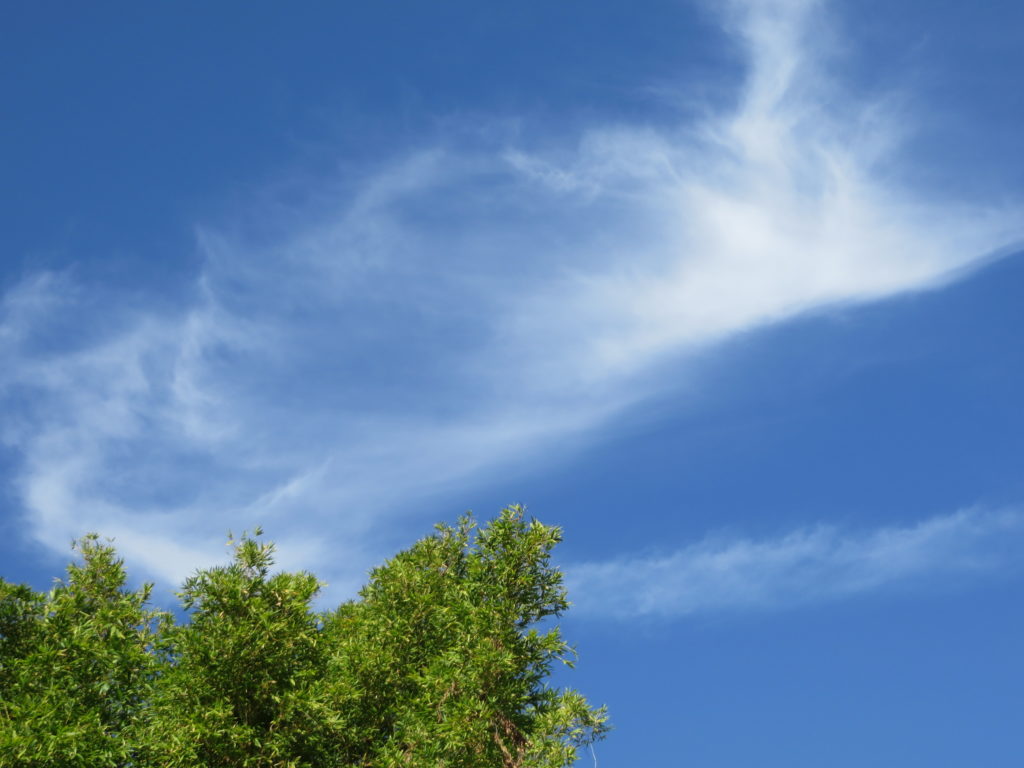
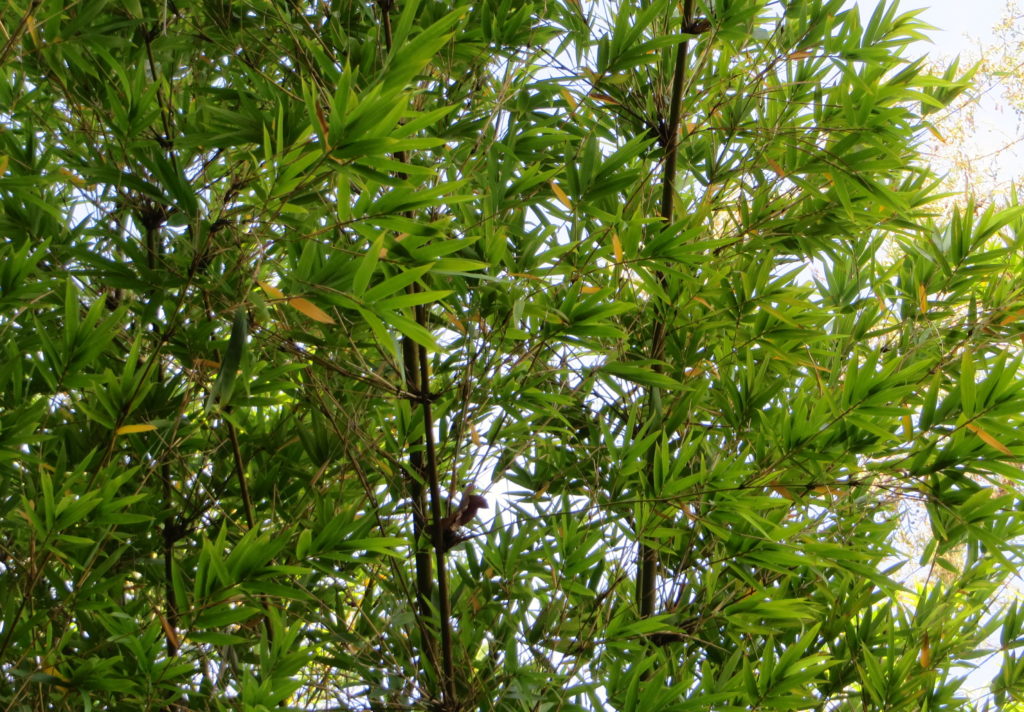
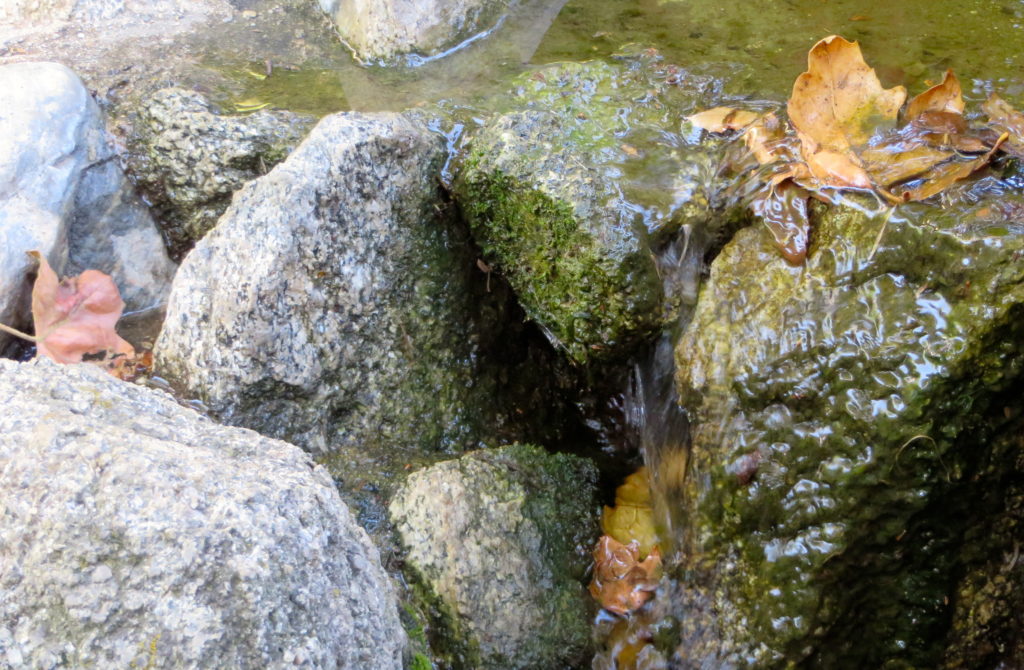
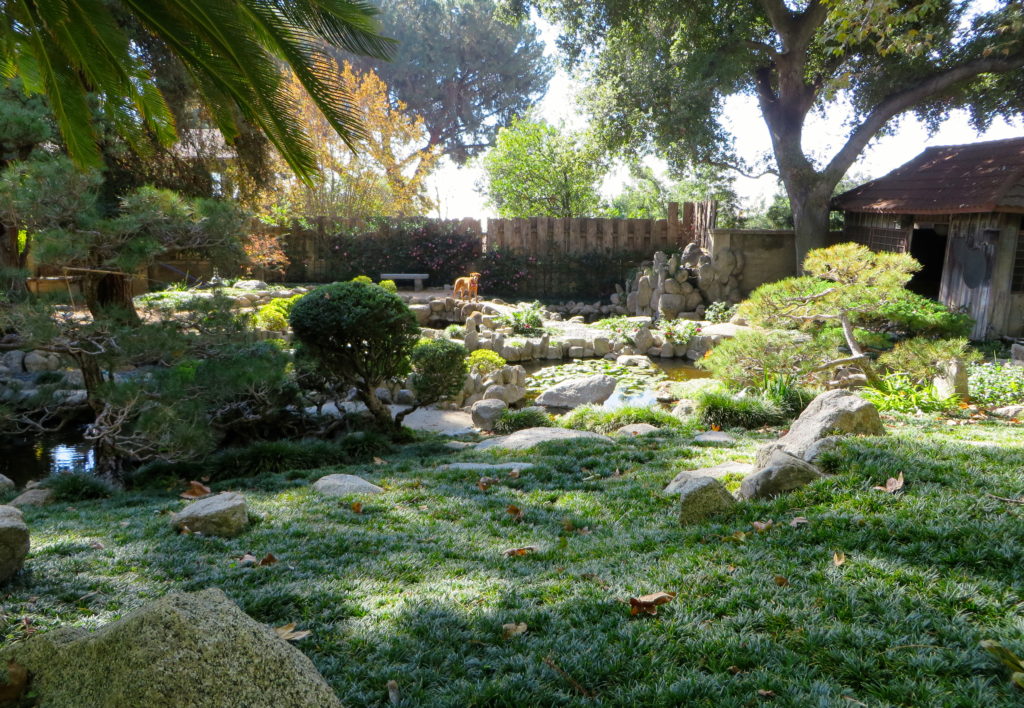
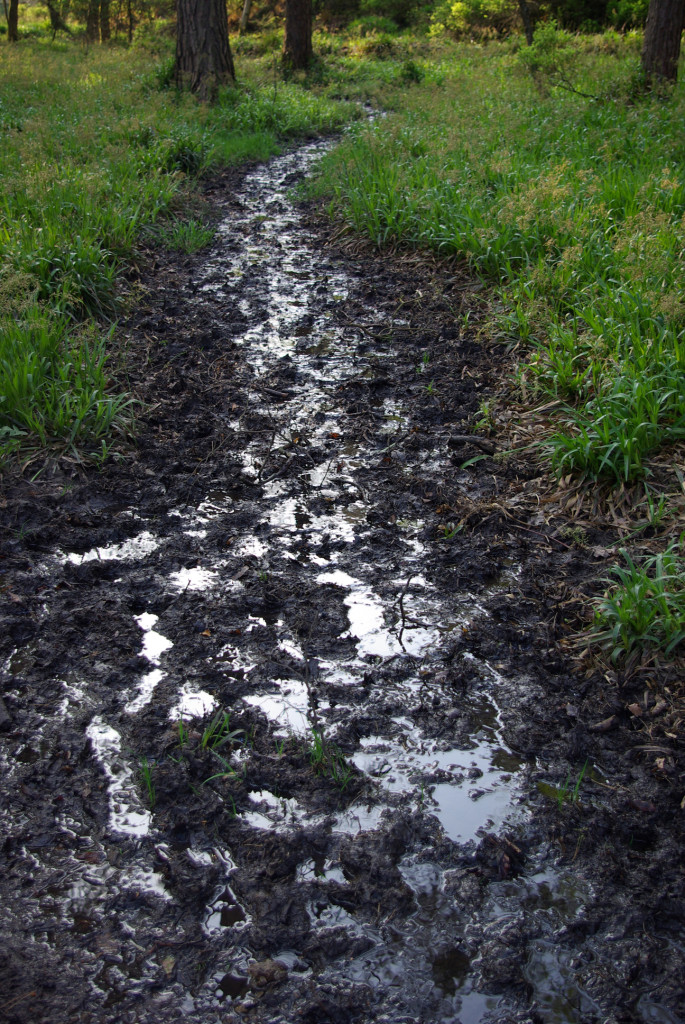
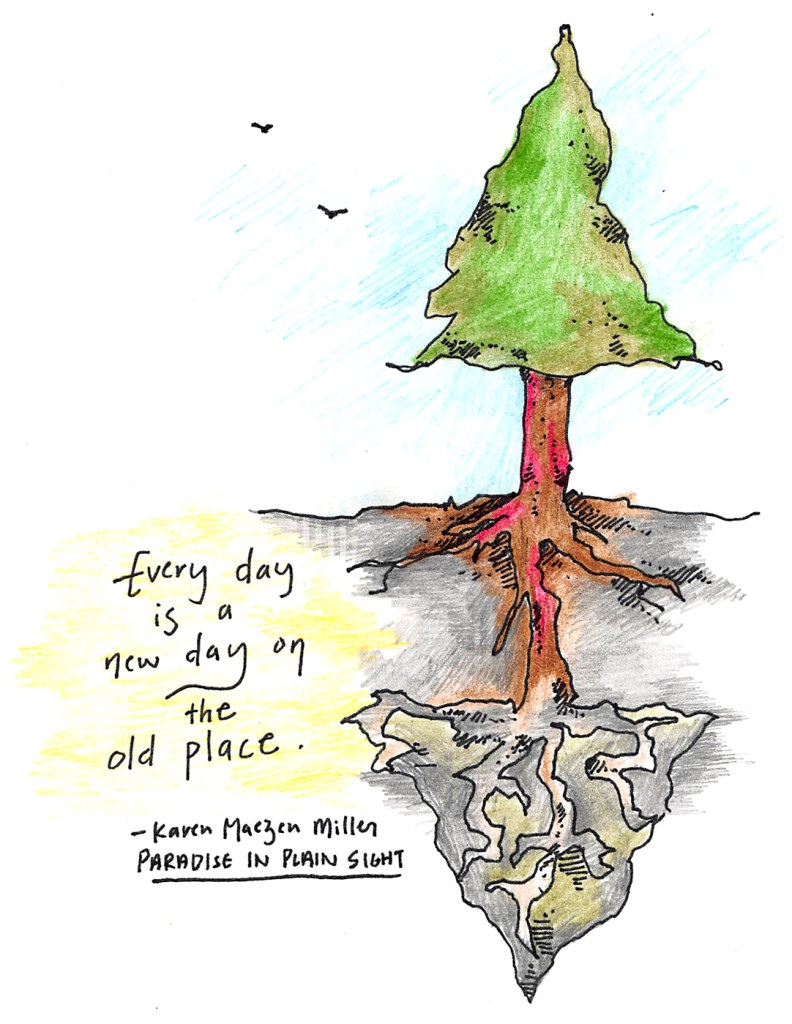
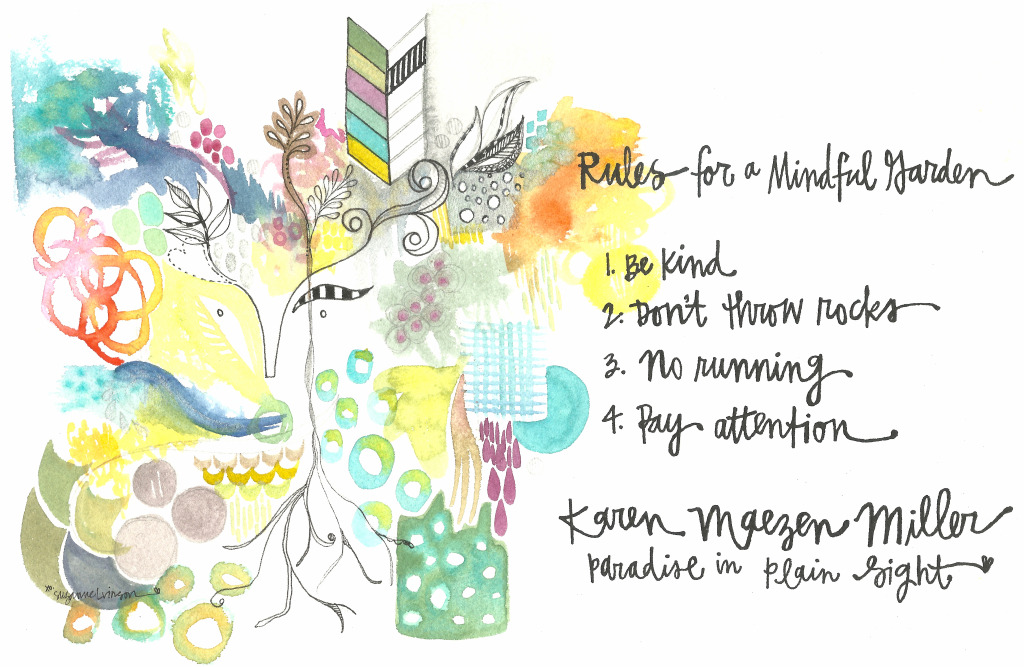

 Empty handed, holding a hoe. —Mahasattva Fu
Empty handed, holding a hoe. —Mahasattva Fu


